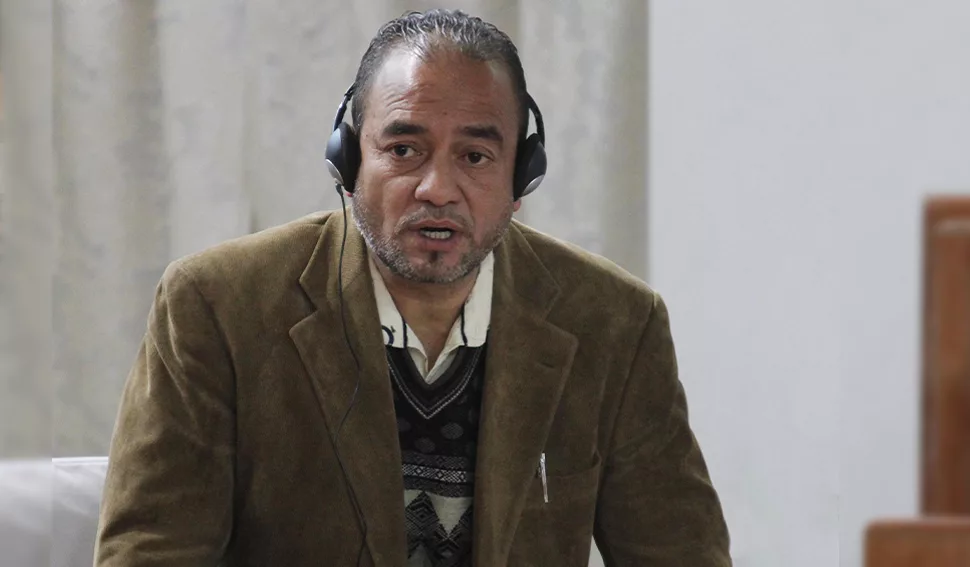Meghalaya HC dismisses petition by VPP MLA on CAG report discussion

The Meghalaya High Court has upheld the decision of the Assembly Speaker Thomas A Sangma in not allowing a special motion to discuss on a CAG report during this year’s budget session by dismissing a petition filed by the opposition Voice of the People Party (VPP) legislator from North Shillong Adelbert Nongrum.
Nongrum has challenged the action of the Speaker under Article 226 of the Constitution of India, in not allowing the petitioner to move a special motion under Rule 130A of the Rules of Procedure and Conduct of Business in Meghalaya Legislative Assembly, to raise discussion in the House during the Budget Session 2024, on the CAG Report on the Social and Economic sectors for the year ending 31.03.2022, for the State of Meghalaya.
The judgment passed by the Single bench headed by Justice HS Thangkhiew said, “As such, in view of the discussions made herein above, the decision of the Speaker in not allowing the Special Motion, cannot be held to be illegal or unconstitutional, notwithstanding the fact that the subject matter involves a matter of grave public importance. Judicial review therefore, not being available by virtue of the application of Article 212 of the Constitution, this writ petition is not entertained and is accordingly dismissed.”
It said, “The Court observed that under Article 122(2), the decision of the Speaker in whom powers are vested to regulate the procedure and conduct of business is final and binding on every Member of the House. Hence, this Court held that the validity of the Speaker adjourning the House sine die and the later direction to resume sittings could not be inquired into on the ground of any irregularity of procedure. The Court reaffirmed that the business transacted and the validity of proceedings after the resumption of sittings of the House pursuant to the direction of the Speaker cannot be inquired by the courts. This follows the fundamental principle that it is the right of each House of the legislature to be the sole Judge of the lawfulness of its own proceedings so as to be immune from challenge before a court of law.”


Leave a Reply